Middle East experts in favor of Biden’s return to Iran nuclear deal in its current condition, new survey shows
A new poll shows experts on the Middle East want new US President Joe Biden to "immediately" return to the 2015 Iran nuclear deal in its current form and without any conditions.
According to the survey conducted by the Middle East Scholar Barometer, 67 percent of respondents said the US would most likely achieve "favorable results" in its foreign policy if Biden returned "immediately" to the current Iran nuclear agreement, officially known as the Joint Comprehensive Plan of Action (JCPOA), American news magazine Newsweek reported.
The survey also established that 75 percent of experts believed the US returning to the deal would contribute to non-proliferation within the next decade.
Meanwhile, Shibley Telhami, a Mideast scholar and the Anwar Sadat professor for peace and development at the University of Maryland who developed the survey, commented on requests for opening up negotiations with Iran on other issues to be included in the nuclear program.
He said that reopening the deal would result in certain “problematic” issues, including concerns that the prospect of reaching a new deal would even become impossible.
He added that it may also open up the possibility of “military escalation,” which is largely opposed by the academic community, as only 1 percent of those surveyed supported military action against Iran.
A non-random sample of 521 experts participated in the survey, which was published on Tuesday, and was conducted from February 8 to 15 as a joint project between the University of Maryland Critical Issues Poll, and the Project on Middle East Political Science at George Washington University.
Only 4 percent in favor of 'maximum pressure'
According to the poll, only 4 percent of the respondents were in favor of the US continuing its so-called maximum pressure policy against Tehran, which Telhami said harmfully affects the people of Iran.
Former president Donald Trump pulled the US out of the landmark JCPOA in 2018 in defiance of International criticism, and reinstated the sanctions that had been lifted against Iran under the accord as part of its maximum pressure campaign against Tehran.
The US also imposed fresh sanctions against Iran in the final days of Trump’s presidency in pious hope of brining Tehran to its knees.
Biden, who was vice president when the JCPOA was clinched, said during his presidential campaign that he intended to rejoin the deal. But he now says the US would not lift sanctions and return to the agreement until Iran stops its enrichment practices.
Iran took certain measures to suspend its commitments in several phases one year after it fully lived up to its obligations and when it saw no palpable action by the other signatories to the JCPOA to guarantee trade with Iran and protect it from US sanctions.
Although it was the US that unilaterally left the JCPOA, Biden has insisted it is Iran that should first return to full compliance before Washington takes a step.
Since Biden's inauguration on January 20, the international community has been eager to see how he would make good on his promise, but no concrete measure whatsoever has been taken to that goal.
Leader of the Islamic Revolution Ayatollah Seyyed Ali Khamenei said on Wednesday that Iran will not accept mere verbal promises in the case of the JCPOA and needs to see action on the part of the co-signatories.
“Concerning the JCPOA, I should just say one word. We have heard many nice words and promises that have been violated and have not been fulfilled in action,” Ayatollah Khamenei said. “But this time around, [we accept] only actions!”
Iran reaffirms determination to defend legal nuclear rights
Israeli forces kill Palestinian teen in West Bank for ‘throwing stones’
VIDEO | Press TV's news headlines
VIDEO | Documented executions: Israeli forces kill with impunity as West Bank crosses new red line
'Occupation came before arms’: Netizens rip into Lebanon FM over tirade against Hezbollah, Iran
Palestinians condemn Netanyahu’s provocative tour of Al-Aqsa compound
VIDEO | Barrack misreads Lebanon
Narges Mohammadi: A Nobel Prize-winning pawn in West’s ‘regime change’ game






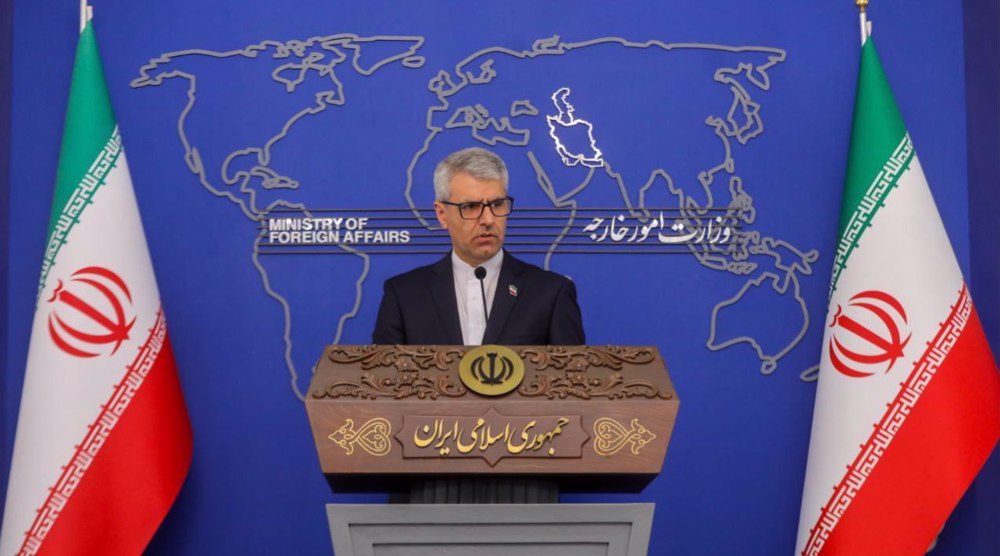
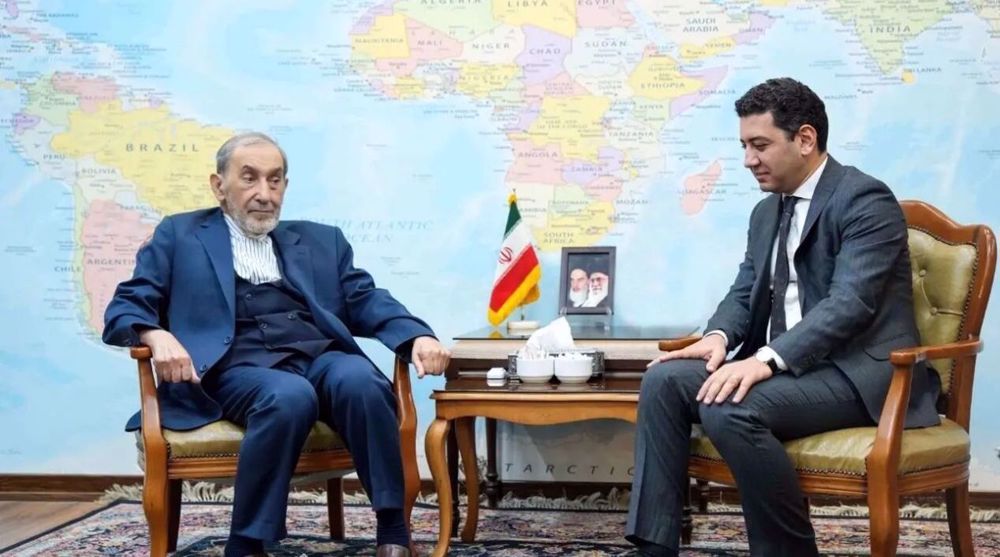
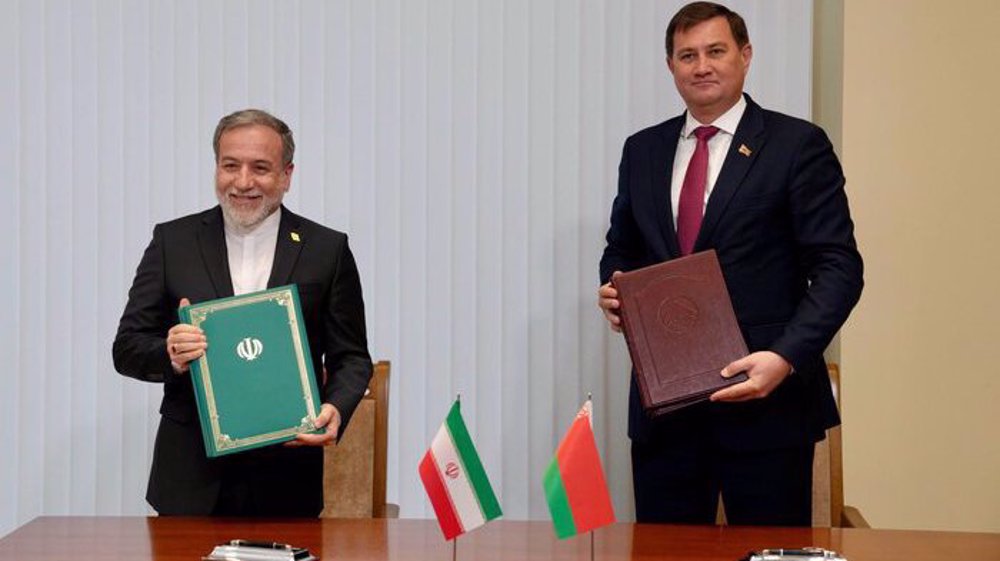



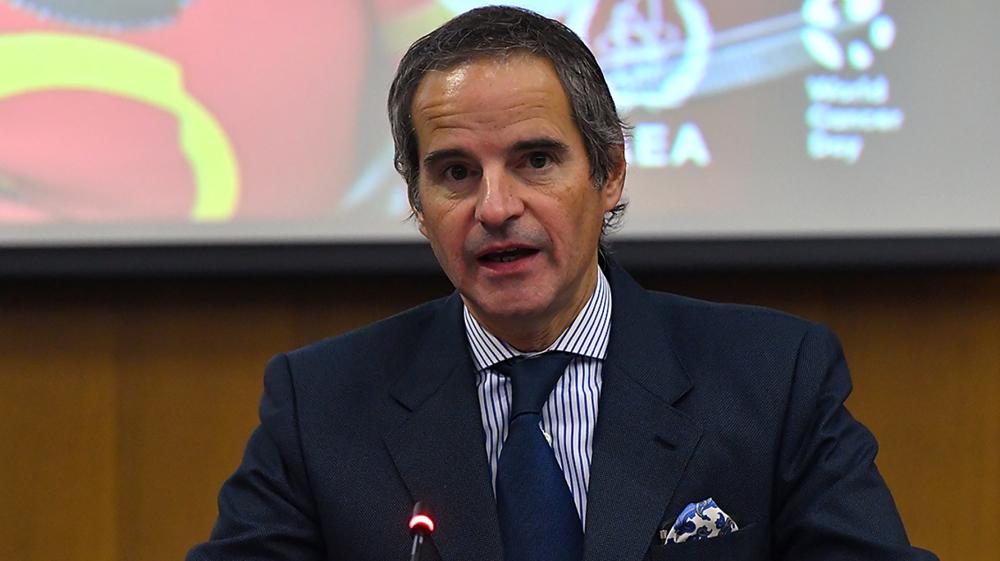
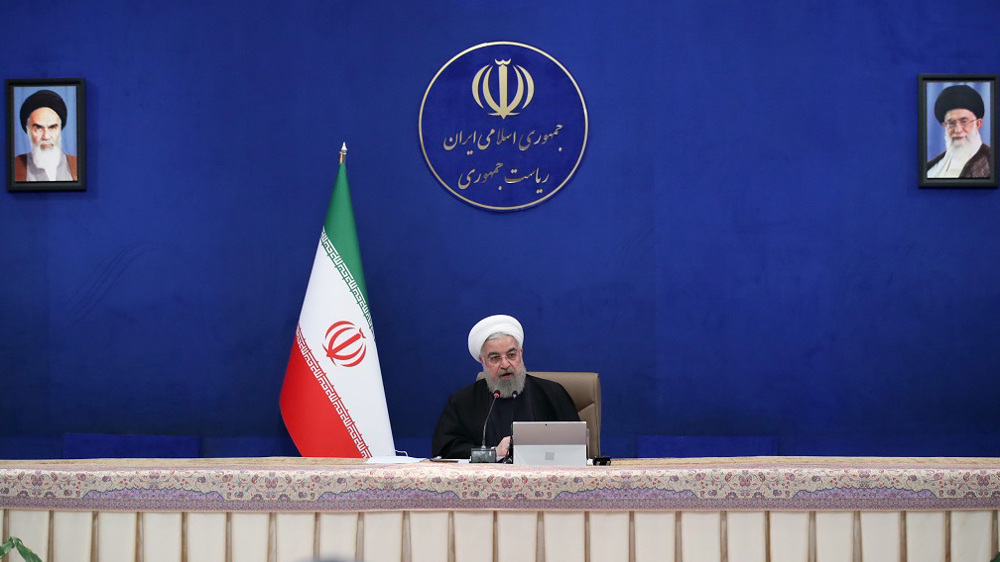
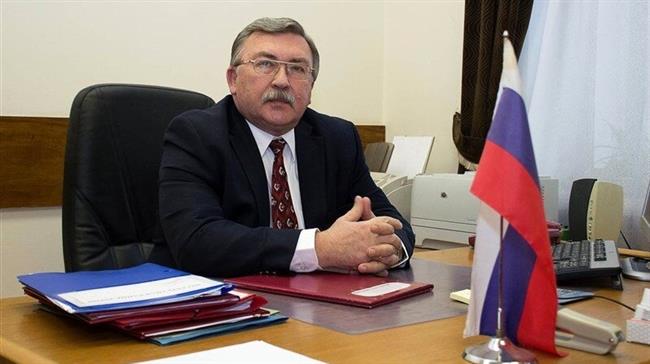
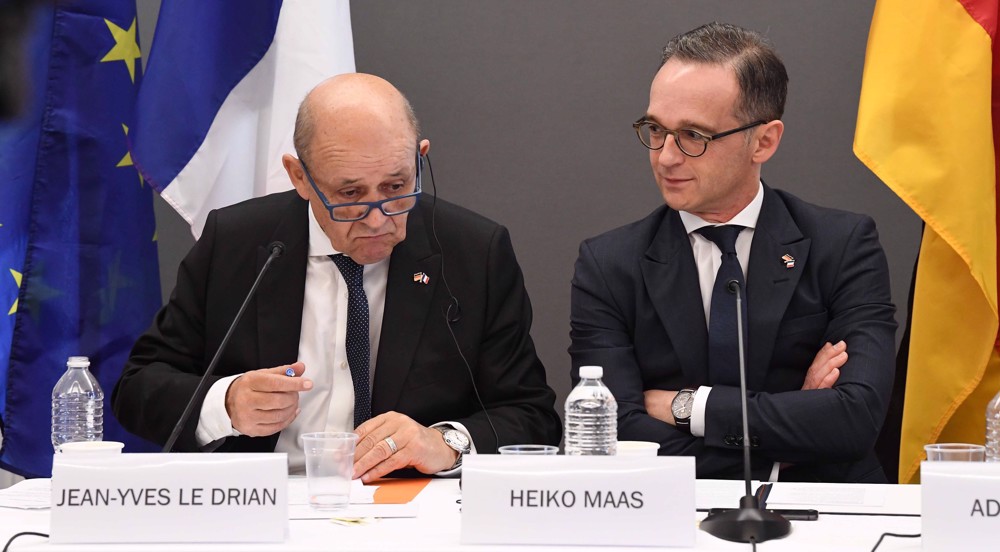
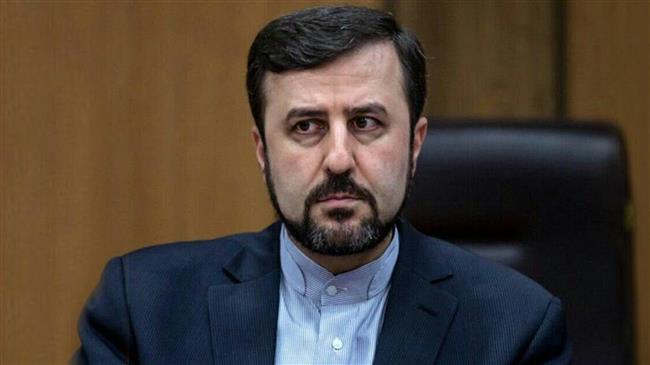
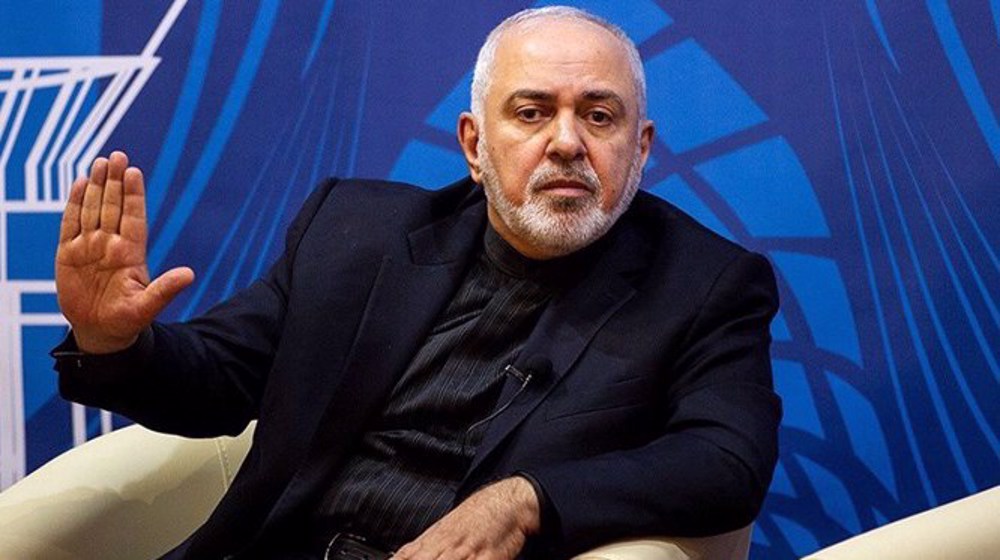

 This makes it easy to access the Press TV website
This makes it easy to access the Press TV website